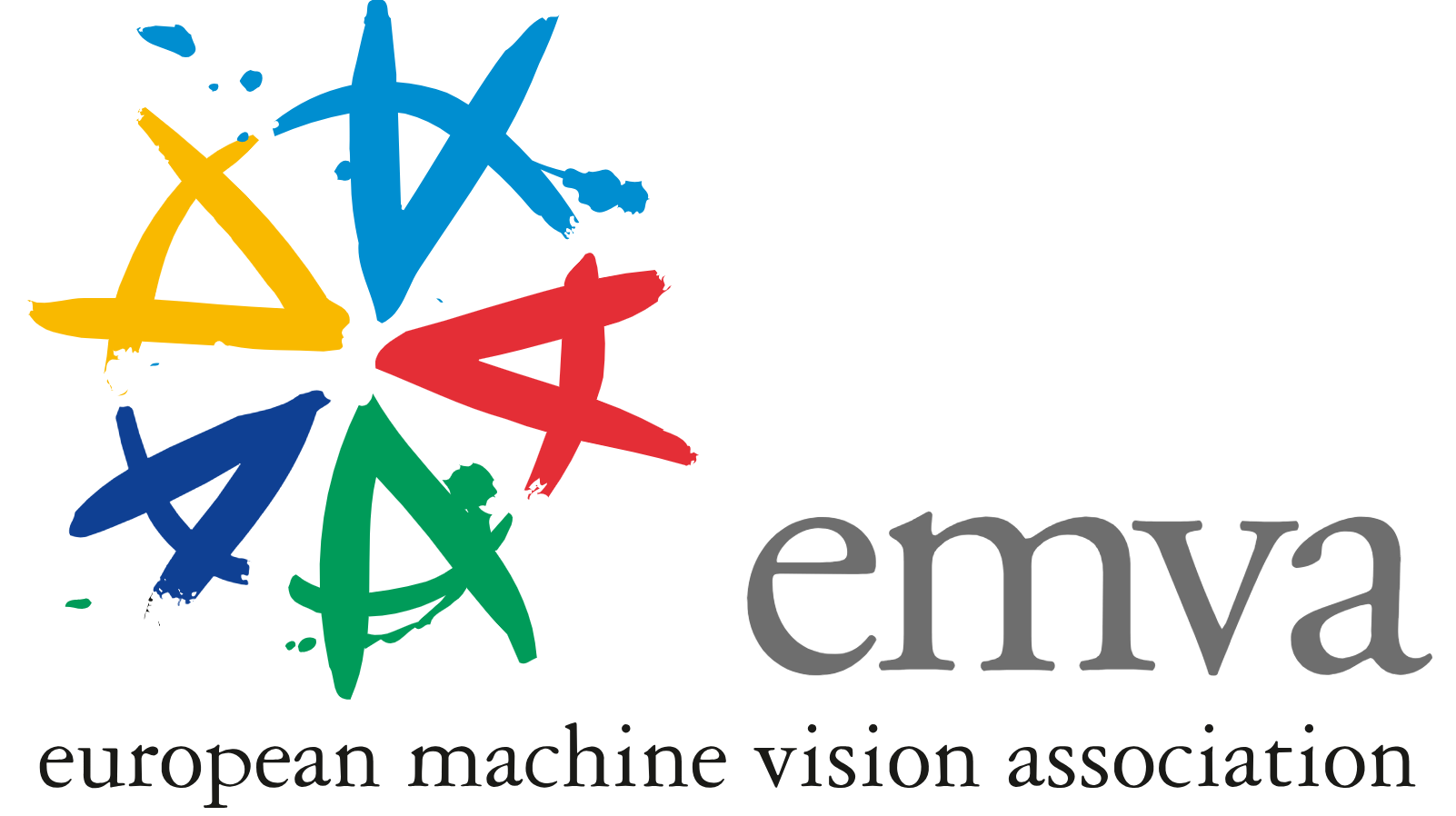Most ChatGPT users notice that the chatbot is inclined to make factual mistakes but still tend to trust this tool.
Recent research by NordVPN conducted in the United States shows that three out of four users trust answers from ChatGPT, while at the same time, 77% of users spot factual mistakes in the content generated by the chatbot often or at least sometimes.
The internet contains hundreds of controversial stories regarding the factual correctness of ChatGPT generated content. Recently, a New York lawyer cited six fake cases with judicial decisions, citations, and quotes generated by ChatGPT in a legal brief, and the court has called them into question. Despite broad public discussion on the factual mistakes of ChatGPT, the survey shows that users tend to trust the tool.
“The survey reveals that the more often people use ChatGPT, the more often they notice its errors. Nevertheless factual mistakes don’t seem to be a significant enough reason to stop using ChatGPT for people who use the bot often. As a matter of fact, users who often notice the mistakes of the chatbot are more likely to use this tool in the future than the ones who never spotted mistakes or noticed them only rarely or sometimes,” says Marijus Briedis, CTO at NordVPN.
According to the survey, only 4% of ChatGPT users never noticed an error in the content generated by the chatbot, and only 0.5% of users stated they’d stop using ChatGPT.
“People might use ChatGPT for a variety of reasons even though it produces factually incorrect results. First, users might find those mistakes insignificant compared to the value the tool creates for them. Second, the fact that ChatGPT 3.5 works with data produced before September 2021 and has no knowledge of changes in the world since then might make users more forgiving,” says Briedis.
One out of five Americans use ChatGPT regularly
The same survey also revealed that almost half (49%) of 18-65-year-old Americans know of ChatGPT, and 21% use it regularly. A third of regular users say they use it at least several times a week, whereas three out of five users (64%) claim to use it at least once a week.
While some experts and organizations have concerns about ChatGPT’s privacy policy, including collection and storage of users’ personal information and data breaches, two-thirds of respondents (67%) using ChatGPT claim to trust the chatbot and its platform with their personal data. Of the people using ChatGPT, only 10% of the users claim to be concerned about privacy issues while using ChatGPT.
Overall, 61% of users trust ChatGPT’s factual correctness and data privacy protection. Researchers have also noticed that people who use ChatGPT less often are inclined to have more concerns about the bot’s privacy issues and the correctness of the content.
Marijus Briedis, CTO at NordVPN, advises people to take several simple precautions to mitigate ChatGPT security risks:
- Always use the official version. There is only one way to access ChatGPT legitimately, and that’s through OpenAI’s official website. Don’t fall for fake websites, apps, or browser extensions claiming to have ChatGPT functionality because they might infect your device with malware.
- Don’t share personal data. ChatGPT doesn’t need to know your personal details to work. Any information you enter in the chat can be seen by OpenAI researchers or hackers in the wake of data leaks.
- Use a VPN. Your internet service provider, network administrator, and even hackers lurking on the same network can see you connecting to ChatGPT. By encrypting your online traffic, a VPN shields your activities from prying eyes.
- Always check ChatGPT’s answers. Ask ChatGPT to provide sources for its answers and double-check the generated text against information available on reputable websites to avoid fake news.
Methodology
This research was commissioned by NordVPN and carried out by Cint between June 6 and 11, 2023. A total of 1,011 respondents between the ages of 18-65 years old were surveyed. Researchers placed quotas on respondents’ gender, age, and place of residence to achieve a nationally representative sample among internet users.
















